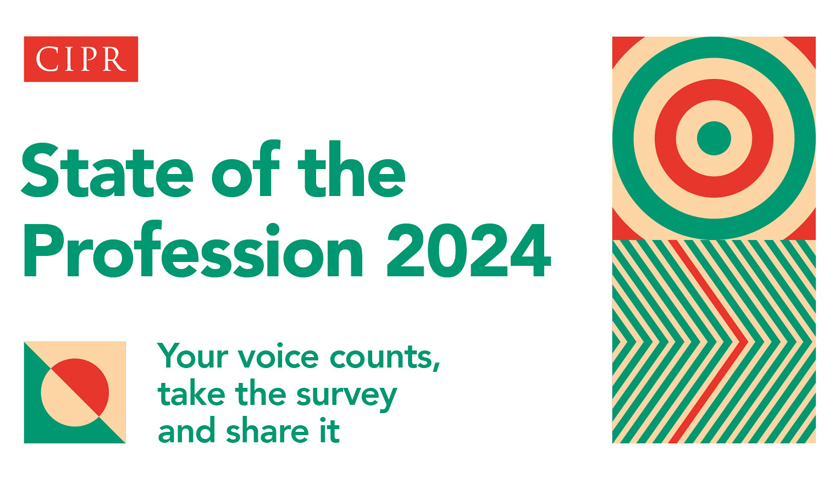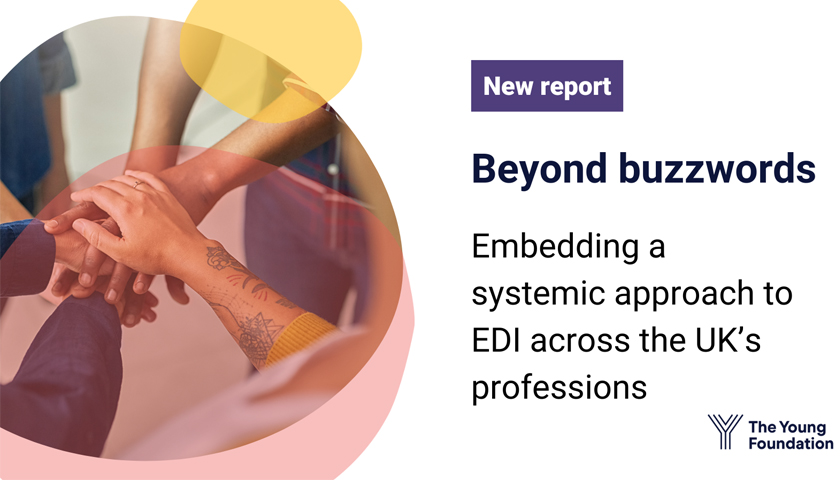A new report has found that social mobility has remained “virtually stagnant” since 2014 and calls for urgent action to tackle the “privilege gap”.
This year’s State of the Nation report, published by the Social Mobility Commission – a non-government department sponsored by the Department for Education – attests that “being born privileged means you are likely to remain privileged”. The report shows those from working-class backgrounds are significantly less likely to embark on a career in a professional occupation. Those that do, continue to face challenges – earning “on average 17% less than their more privileged colleagues.”
The commission’s sixth comprehensive State of the Nation report looking at early childhood, schools, universities, further education and work reveals that social mobility has been stagnant for the last 4 years.
Extensive analysis of new Office for National Statistics (ONS) data shows the wide gap in school attainment and income between the rich and the poor has barely shifted. Being born privileged still means you usually remain privileged.
The better off are nearly 80% more likely to end up in professional jobs than those from a working-class background.
Even when people from disadvantaged backgrounds land a professional job, they earn 17% less than their privileged colleagues.
Dame Martina Milburn, chair of the commission, says:
Our research suggests that being able to move regions is a key factor in being able to access professional jobs. Clearly moving out is too often necessary to move up. At a time when our country needs to be highly productive and able to carve out a new role in a shifting political and economic landscape, we must find a way to maximise the talent of all our citizens, especially those that start the furthest behind.
To help address this inequality, the commission calls on the government to:
- extend eligibility and uptake of the 30 hour childcare offer to those only working 8 hours a week, as a first step to make it available to more low-income families
- raise per pupil funding by a significant amount for those aged 16 to 19, and introduce a new pupil premium for disadvantaged students in that age group
- become an accredited voluntary living wage employer so that government departments pay the voluntary living wage to civil servants and all contracted workers including cleaning and catering staff
Dame Martina says:
It is vital that young people have more choice to shape their own lives. This means not only ensuring that they get better qualifications, but making sure they have an informed choice to take up an apprenticeship rather than taking a degree, to find a job which is fulfilling and the choice to stay where they grew up rather than moving away.
The report warns with the increased use of automation “these divides could worsen, as workers in low pay and with low qualifications are most at risk of their work being automated,” and highlights inequality deriving from ones education background. While 7% of the population attends a private school, 82% of those in private school education “are drawn from the top half of the income distribution” with more “prestigious” positions dominated by alumni from private schools. This echoes findings from CIPR’s latest State of the Profession report which shows that more than a quarter (28%) of those working in public relations attended a fee-paying school – four times higher than the national UK average of 7%. “
The findings on social mobility in this year’s State of the Nation report are a stark warning to our profession. Our own research highlights that PR is a less diverse industry today than it was three years ago. The status quo is unacceptable. Talent doesn’t have a postcode and it isn’t determined by skin colour. We must do more to promote inclusion and ensure that PR professionals from all backgrounds can succeed in our industry.
CIPR President, Emma Leech Found.Chart.PR FCIPR



